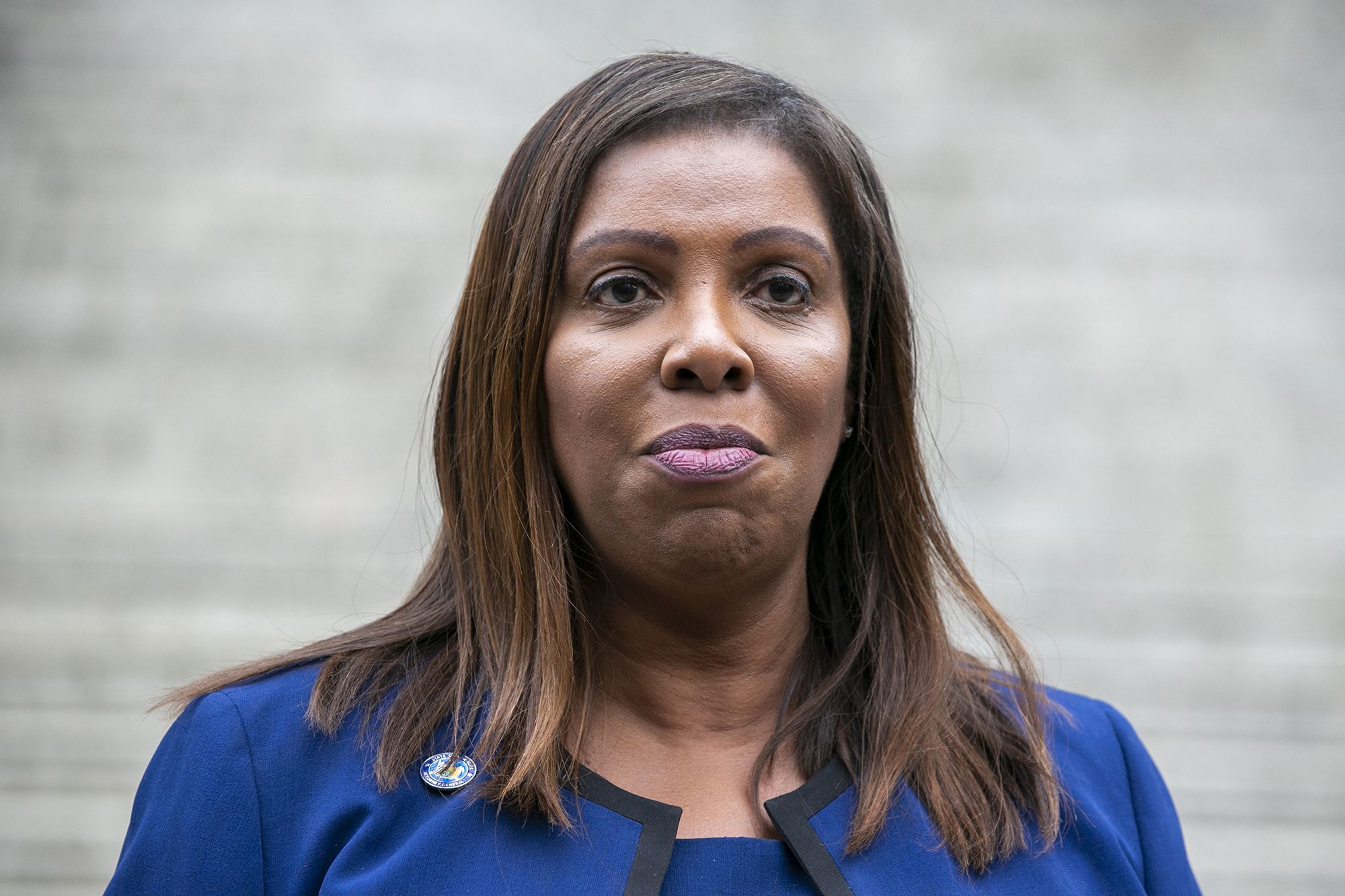In a recent development, OpenAI has issued a public response to the lawsuit filed by The New York Times, alleging copyright infringement. The tech company, known for its cutting-edge AI models, has refuted the claims made by The Times, asserting that the lawsuit lacks merit.
Key Takeaway
OpenAI has responded to The New York Times’ lawsuit, asserting that training AI models using publicly available data is fair use, and addressing concerns related to regurgitation of copyrighted content.
OpenAI’s Stance on Training AI Models
OpenAI has reiterated its position in a letter published on its official blog, stating that training AI models using publicly available web data, including content from sources such as The New York Times, falls within the realm of fair use. The company asserts that creating generative AI systems like GPT-4 and DALL-E 3, which learn from a vast array of publicly available examples, does not necessitate licensing or payment for the training data, even if the models generate revenue.
Addressing the Issue of Regurgitation
OpenAI has also addressed the issue of regurgitation, where AI models reproduce training data verbatim when prompted in a certain manner. The company contends that regurgitation is less likely to occur when using training data from a single source such as The New York Times. OpenAI places the responsibility on users to act responsibly and avoid intentionally prompting its models to regurgitate content.
Debate Surrounding Generative AI and Copyright
The response from OpenAI comes amidst a heated debate surrounding the copyright implications of generative AI. Noted critics and industry professionals have weighed in on the matter, with differing perspectives on the use of copyrighted materials for training AI models.
Legal Landscape and Industry Response
Besides The New York Times, other copyright holders have also taken legal action against OpenAI, alleging violations of intellectual property laws. Some news outlets have chosen to pursue licensing agreements with generative AI vendors, while others have opted for legal recourse.
Public Opinion and Industry Dynamics
Public sentiment and industry dynamics also play a role in shaping the discourse around AI and copyright. A recent poll indicates a significant portion of respondents expressing support for publishers’ rights in the context of AI model training using copyrighted materials.

























